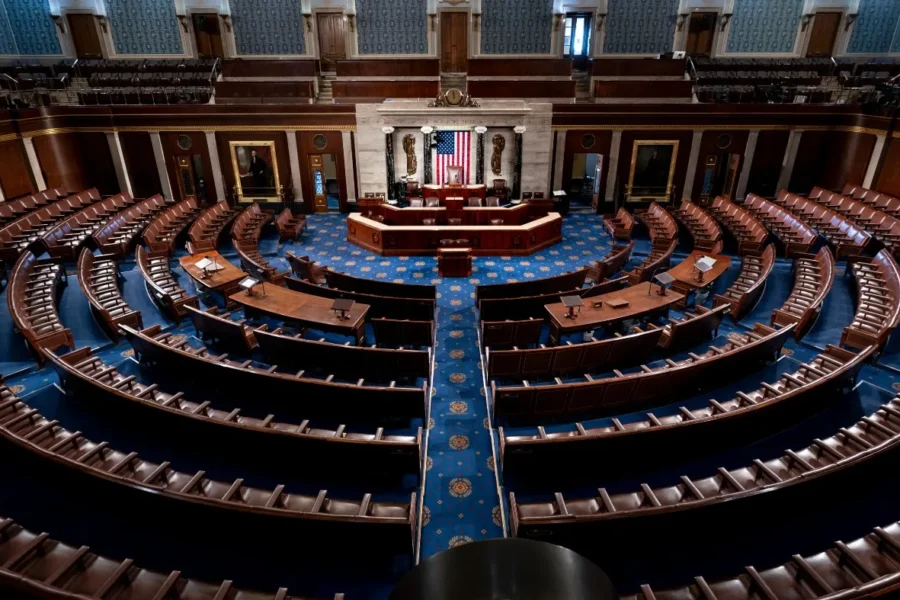Today the U.S. Supreme Court heard oral arguments in Whole Woman’s Health v. Jackson and United States v. Texas. Both cases concern Texas’s S.B. 8 “heartbeat” law, prohibiting abortion after the baby’s heartbeat is detectable. Unlike other abortion laws, S.B. 8 is enforced exclusively through private civil actions.
The Supreme Court focused on procedural and jurisdictional questions and did not address the constitutionality of Roe v. Wade or abortion jurisprudence. In fact, the Supreme Court unfortunately declined to grant Texas’ cross-petition, which asked the Court to overrule Roe v. Wade and Planned Parenthood of Southeastern Pennsylvania v. Casey.
In other words, the Supreme Court is not directly considering abortion with its S.B. 8 cases but is instead considering issues of standing, sovereign immunity, and the nuanced interaction between the federal judiciary and state court systems. The attorneys challenging S.B. 8, representing pro-abortion interests, made this clear during their arguments by suggesting that this same type of enforcement action might be applied to other areas of the law like religious liberty or gun rights.
Even so, how the Supreme Court rules may shed light on whether Texas’s novel heartbeat law will serve as a new and practical pro-life approach, either now or when Roe is reversed.
Later this term, the Court will hear oral arguments in Dobbs v. Jackson Women’s Health Organization, the first direct challenge to the purported “constitutional right to abortion” in three decades. In deciding Dobbs, the Supreme Court may limit, if not outright reverse, Roe and Casey.
Texas took a creative legislative approach to defending the lives of preborn children through S.B. 8., and although the S.B. 8 cases will not decide the merits of abortion as a constitutional right, the outcome will provide guidance for future pro-life lawmaking.
As the Court appears primed to return lawmaking authority to the states, lawmakers should act boldly, as Texas did, to enact lifesaving and life-affirming laws.




